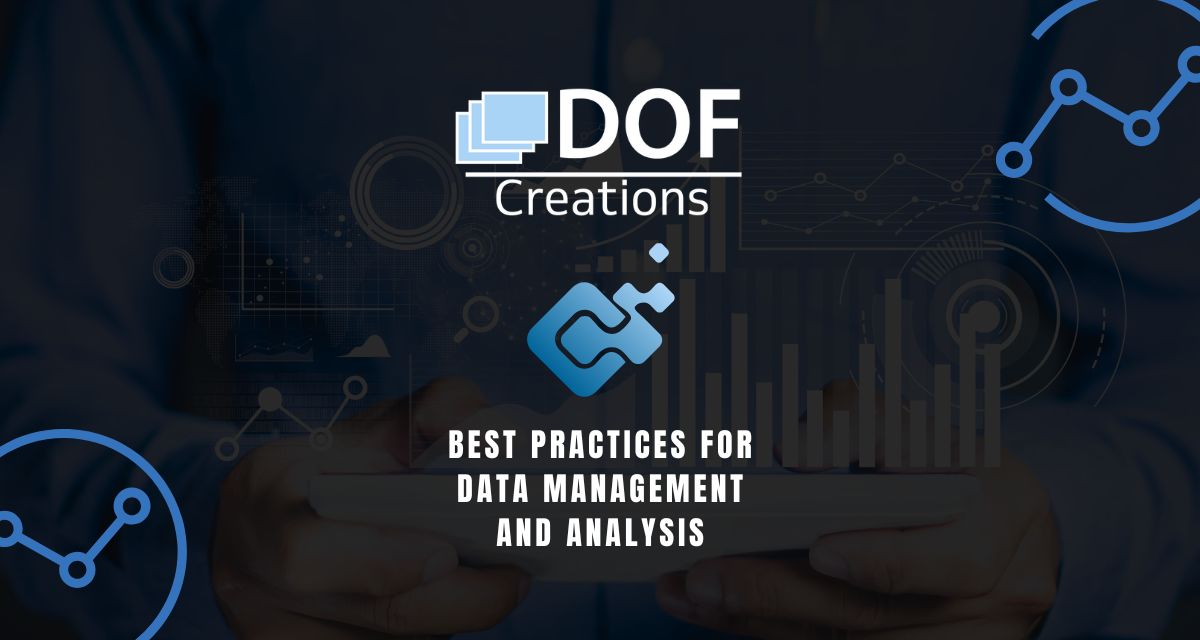In today’s world, data is ubiquitous, and its importance to every organization can’t be overstated. Organizations have to grapple with huge amounts of data that come in various forms, from structured data (online forms, SQL files or excel sheets, emails, etc.) to unstructured data (meeting minutes, event logs, social media content, or archived paper documents). The effective management and analysis of data are critical to organizational success. However, not managing and analyzing data appropriately can lead to several negative impacts.
Data management challenges can hurt data quality, data security, and data storage. Poor data quality can result in errors, inconsistencies, and inaccuracies in reporting, forecasting, and resource management (that can all be embarrassing or expensive). As organizations work to build innovative solutions to push their business forward or improve service delivery to citizens, the reliability and accuracy of data is necessary to build strong strategies going forward.
Data security is obviously a concern as major security events occur almost daily. Breaches can lead to sensitive information being compromised and create legal and financial implications. Failing to understand how your data is managed, who has access to it, and what controls are in place to secure it are vital to reducing exposure and risk.
This can also greatly impact an organization’s data storage and backup options. Lacking control of your data limits your ability to effectively “corral” the information that exists across your organization’s landscape. This includes the people that touch it and knowing what level of access is necessary and what level of access is dangerous. This also asks what workloads are most vital to each task and what is required to meet your needs regarding a disaster recovery event. Ineffective data storage can lead to the loss of data and make bouncing back from a cyber attack a harder job than it already is.
Similarly, poor data analysis can result in inaccurate insights, misinformed decisions, and lost opportunities. These challenges can include difficulties with data integration, data processing, and data interpretation. Without proper data integration, data from different sources can be difficult to combine, making it impossible to analyze effectively. Data processing issues can lead to inaccurate results, and interpreting data incorrectly can lead to poor decisions.
To mitigate these challenges, organizations need to implement best practices for data management and analysis. Here are some of the best practices DOF has identified for data management and analysis:
- Data Governance: Organizations need to implement a data governance framework that ensures data quality, security, and privacy. This includes establishing data policies, procedures, and standards that provide guidance on how data should be managed, stored, and analyzed.
- Data Integration: Organizations need to integrate their data sources to ensure that data is accurate, consistent, and up-to-date. This requires implementing data integration tools and techniques that can combine data from different sources.
- Data Storage: Organizations need to implement robust data storage systems that can handle large amounts of data. This includes using cloud-based storage solutions and data backup systems.
- Data Analysis: Organizations need to use advanced data analysis tools and techniques to derive insights from their data. This includes using data visualization tools, machine learning algorithms, and predictive analytics models.
- Data Interpretation: Organizations need to ensure that their data analysis is accurate and reliable. This requires using skilled data analysts who can interpret data correctly and provide actionable insights.
Effective data management and analysis are critical to organizational success. Organizations that fail to implement best practices for data management and analysis risk compromising the quality, security, and integrity of their data, which can lead to costly mistakes and missed opportunities. By implementing best practices, organizations can leverage the power of their data to drive growth, improve customer satisfaction, and increase profitability.
If your organization is struggling with data management and analysis, DOF can help. We provide customized data management and analysis solutions to organizations in both the public and private sectors. Contact DOF today to learn more about how we can help your organization unlock the full potential of your data.



